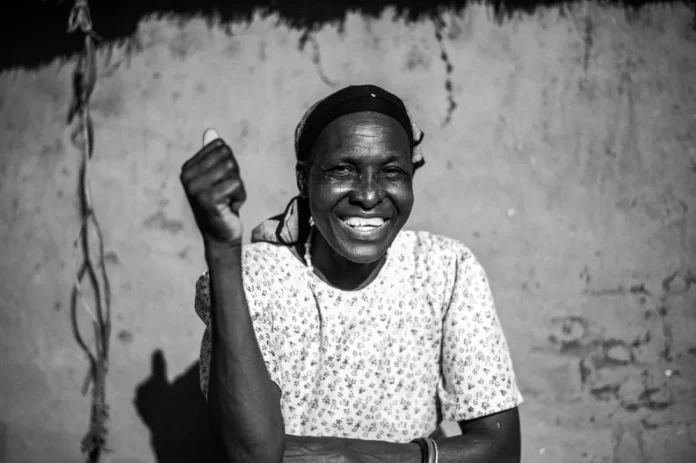Women’s empowerment, according to World Vision, is the process of empowering women to have control over their own lives and destinies. It is about providing women with the tools and resources they require to be successful on both a personal and professional level. Women, however, continue to face a variety of obstacles not only in Uganda, but world over.
Notable Challenges facing women in Uganda
Women in Uganda face a number of challenges, including:
Poverty: Uganda is one of the poorest countries in the world, and women are disproportionately affected by poverty.
Gender inequality: Women in Uganda face discrimination in many areas of life, including education, employment, and healthcare.
Violence against women: Violence against women is a serious problem in Uganda, and it can have a devastating impact on women’s lives.
What are some of the things that are being done to empower women in Uganda?
There are a number of organizations working to empower women in Uganda, including:
The government of Uganda: The government of Uganda has made a commitment to gender equality, and it has implemented a number of policies and programs to empower women.
According to Friedrich-Ebert-Stiftung, the Ugandan government has progressively promoted gender equity with affirmative action in legislative representation in Parliament and the change has been achieved. It was observed that the participation of women in Parliament has risen to 33.8% and the representation in Cabinet is fairly high. For instance, women constitute 43% per cent of the cabinet of Uganda, a sign that there is progress and plenty of space for women to emerge in leadership. The participation of women in local councils has also steadfastly increased from 9.4% ten years ago to 46% today.
President Yoweri Museveni appointed Uganda’s first female Vice President. Kazibwe’s vice presidency opened up political space for women in Uganda leading to the subsequent rise of prominent women legislators, the likes of Winnie Byanyima. There is no doubt Rebecca Kadaga, who was voted speaker of parliament in 2011, made history as the first ever female Speaker in Uganda and Africa at large, following a ten-year spree as Deputy Speaker since 2001.
This milestone indicates that, one area where Uganda has had an impressive record is women empowerment. The most recent glaring example is the appointment of Hon. Jesica Alupo and Robinnah Nabanja as Vice-president and Prime Minister respectively. This proves that the Ugandan woman is scaling the heights.
Non-governmental organizations (NGOs): There are a number of NGOs working to empower women in Uganda. Organizations such as Uganda Women’s trust (UWT), Resilient Women’s Organization (RWO), Uganda for Her Initiative among others have been working to end sexual and gender-based violence, protect women’s rights, advance gender equality, support women’s education and respond to COVID-19 in conflict and crisis settings.
These NGOs also provide financial literacy and microfinance loans to under privileged women.
What are the benefits of women empowerment?
According to the UN, the achievement of gender equity has enormous socio-economic effects. Empowering women fuels thriving economies and spurs productivity and growth.
Reduced poverty: When women are empowered, they are more likely to lift themselves and their families out of poverty.
Improved health: Women who are empowered are more likely to have access to healthcare and to make healthy choices for themselves and their families.
Reduced violence: Women who are empowered are less likely to experience violence.
Stronger communities: When women are empowered, they are more likely to participate in their communities and to contribute to their development.
What can you do to help empower women in Uganda?
The World Vision suggests that there are a number of things that can be done to help empower women in Uganda, including:
Educate yourself about the challenges facing women in Uganda, donating to organizations that are working to empower women in Uganda, volunteer your time to organizations that are working to empower women in Uganda, advocate for policies that support women’s empowerment and support small businesses owned by women.
By taking these actions and following the government’s lead, everyone can help to make a difference in the lives of women in Uganda.















